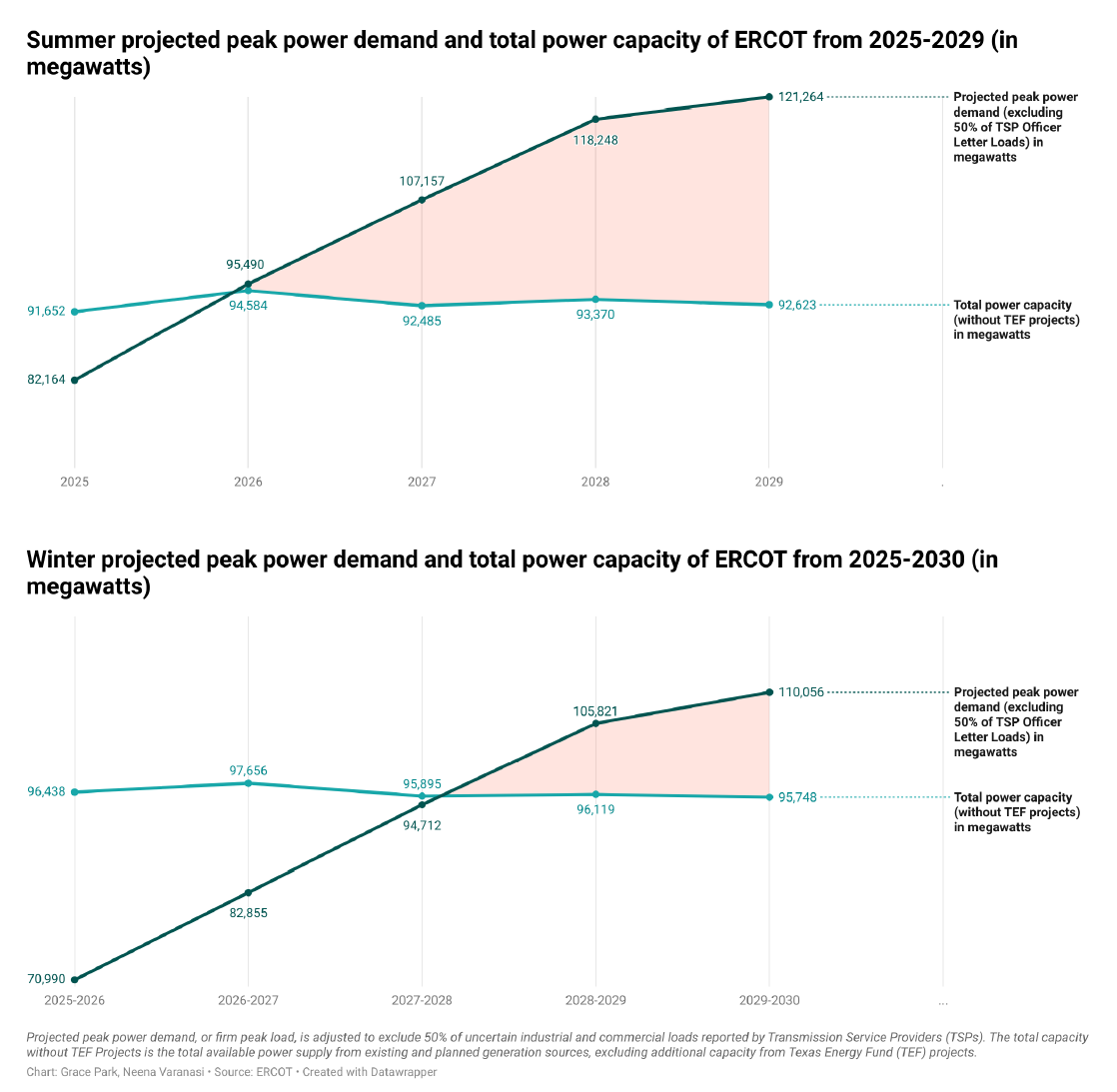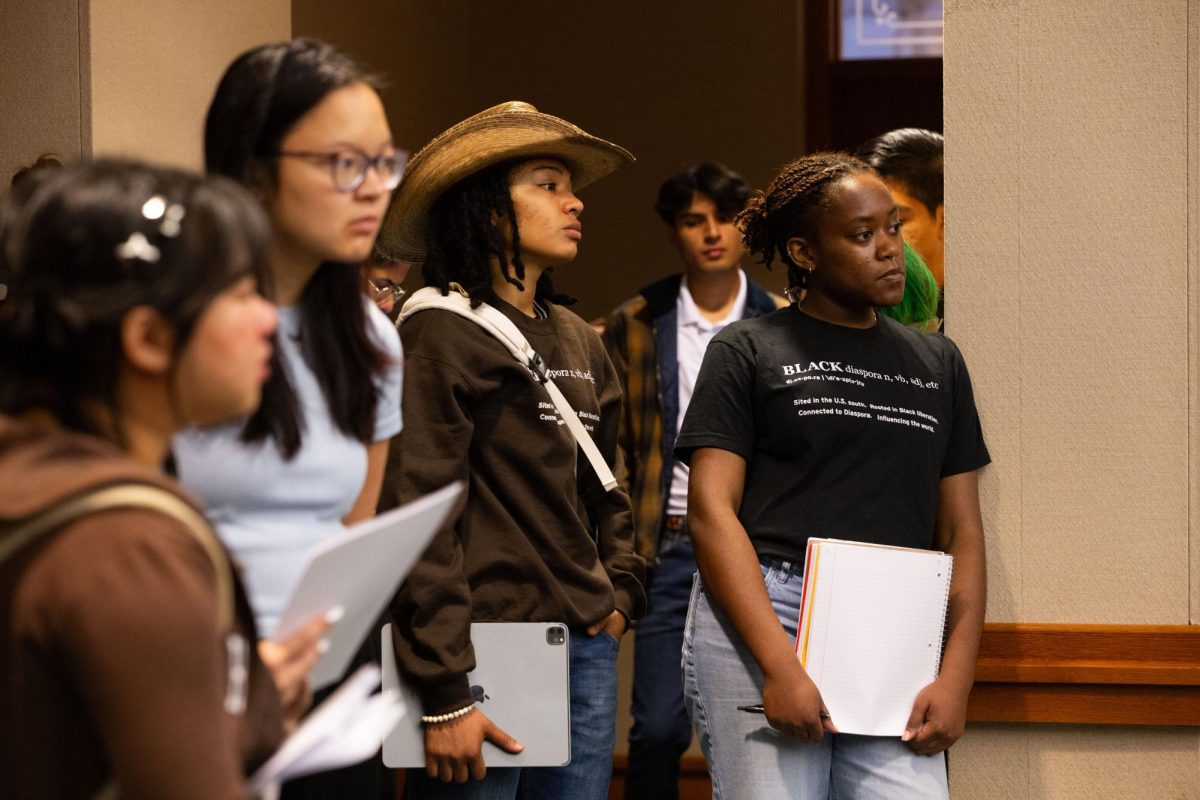The Texas Supreme Court heard legal arguments on Jan. 30 regarding Senate Bill 14, a state law prohibiting doctors from prescribing gender-affirming care for transgender youth after a Travis County district court deemed the legislation unconstitutional.
The Texas Legislature passed SB14 in May 2023, prohibiting physicians and other licensed medical professionals from providing gender-affirming medical care to minors. The law took effect in September 2023. Travis County District Judge Maria Cantú Hexsel issued an injunction to prevent the law from going into effect. Still, Texas Attorney General Ken Paxton appealed to the state Supreme Court to “protect children” and adhere to the law.
“The (Office of the Attorney General) will continue to enforce the laws duly enacted by the Texas Legislature and uphold the values of the people of Texas by doing everything in its power to protect children from damaging, unproven ‘gender transition’ interventions,” according to the press release.
Nik, a transgender man who did not want to share his last name for anonymity purposes, started testosterone as soon as he turned 18. He did this secretly, hiding it from his parents in fear of not being accepted, but when he started gender-affirming care, he said he no longer experienced gender dysphoria and his parents began to accept him.
“I was suicidal (at the time because I) was not able to imagine a life where I would feel comfortable in my body,” said Nik, a race, indigeneity and migration sophomore. “The fact that I (received) access to medical care, (found) a surgeon in my insurance and had the money to afford (testosterone and top surgery) definitely changed my life for the better. Now, I’m living comfortably and can envision a life where I’m not dealing with dysphoria constantly.”
The Court justices spent just under an hour listening to arguments, according to the Texas Tribune. They attempted to establish a boundary on what rights parents have and the reason why Texas would restrict gender-affirming care from medical associations.
KC Cerda, a transgender woman, found acceptance at UT through student organizations despite not knowing if she would be able to. She believes the University should continue providing LGBTQ+ spaces so all students feel accepted, despite the state’s ongoing efforts to prohibit diversity, equity and inclusion on university campuses.
“We know what we identify as, we know who we are,” said Cerda, a radio-television-film freshman. “There is no confusion whatsoever. Knowing that the university provides (safe spaces) makes us feel important (and that) we’re being heard about what we need and what we want.”
While the state justices did not come to a decision, they considered ruling on SB 14 based on current law and may potentially send the case back to the Travis County district court for a full trial. The Court did not provide a timeline for its decision.
Nik said Texas youths should have access to gender-affirming care, despite their age. He said having access to this care so young was life-changing and without it, he would still be struggling both mentally and with gender dysphoria.
“I was doing online school (at the time) because I did not think that I could be on campus in my current body dealing with dysphoria that I dealt with every day,” Nik said. “So the fact that I did have access to gender-affirming care really allowed me to come to UT and picture a life for myself. … Everyone should have access to it.”














